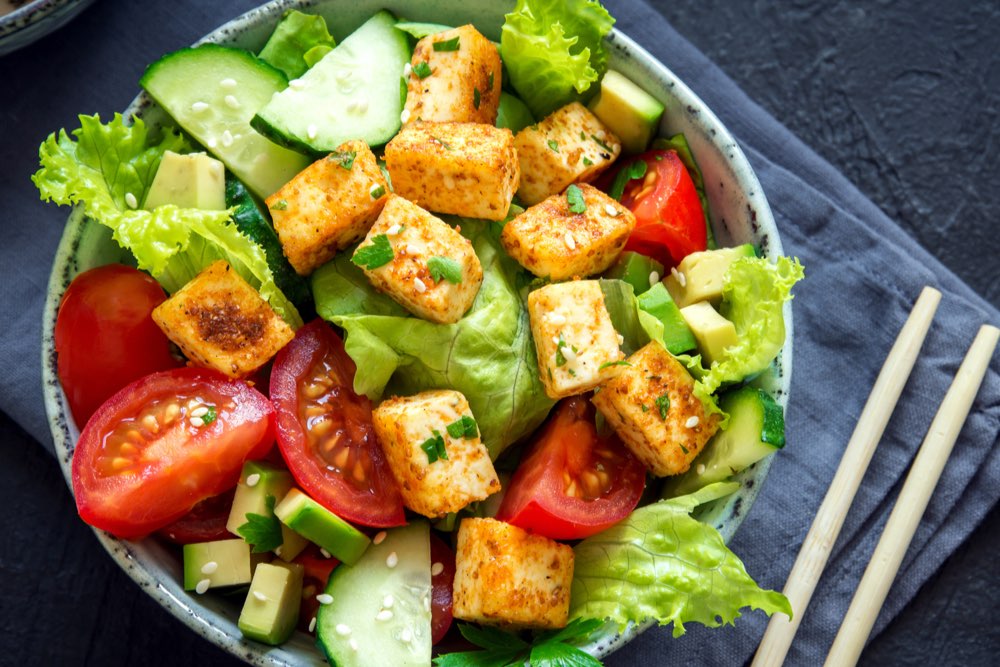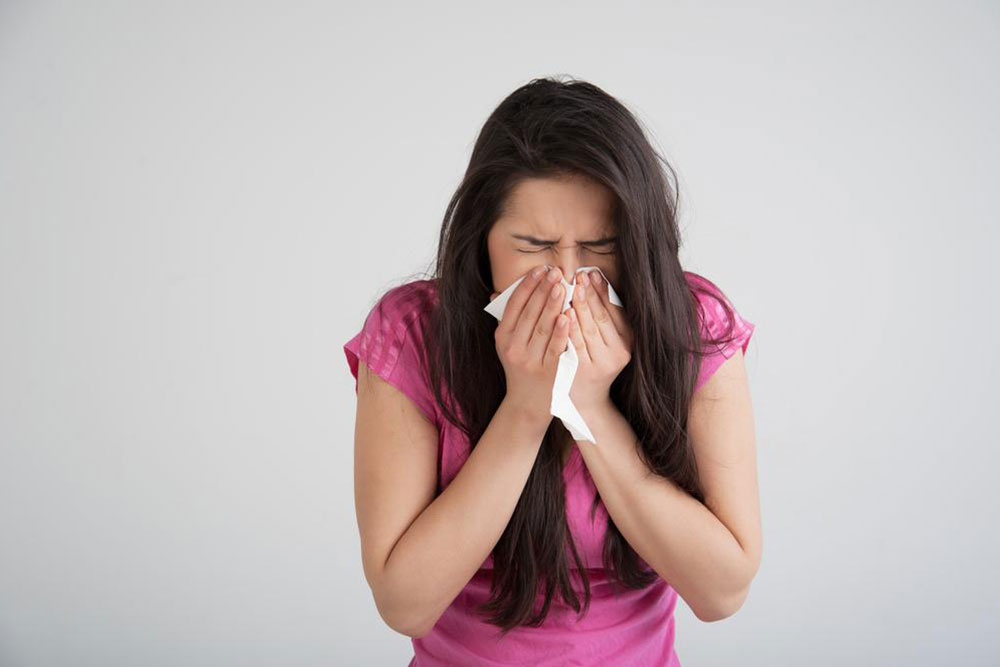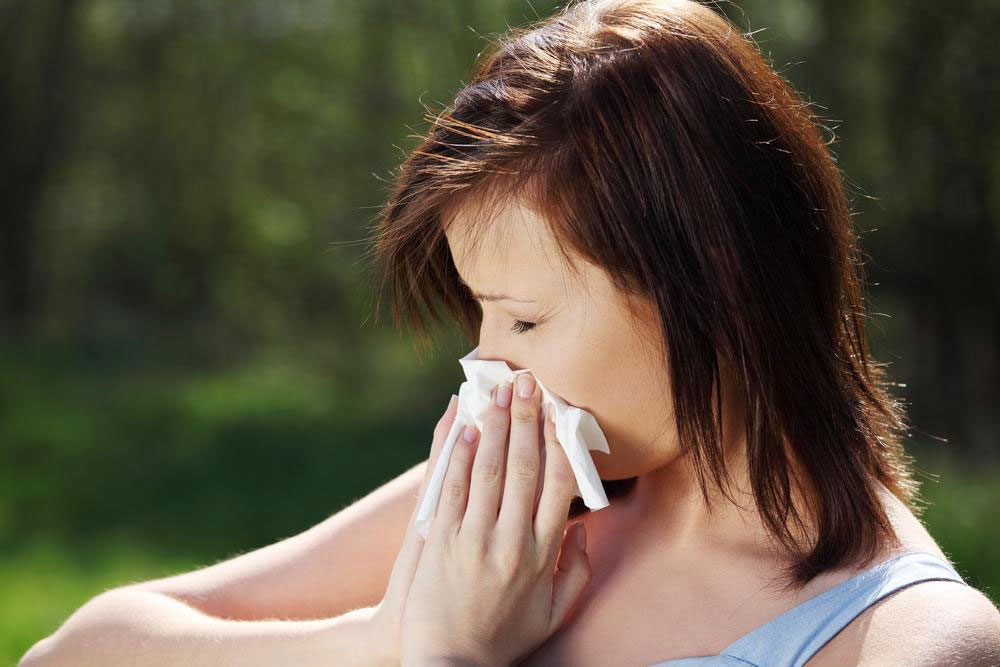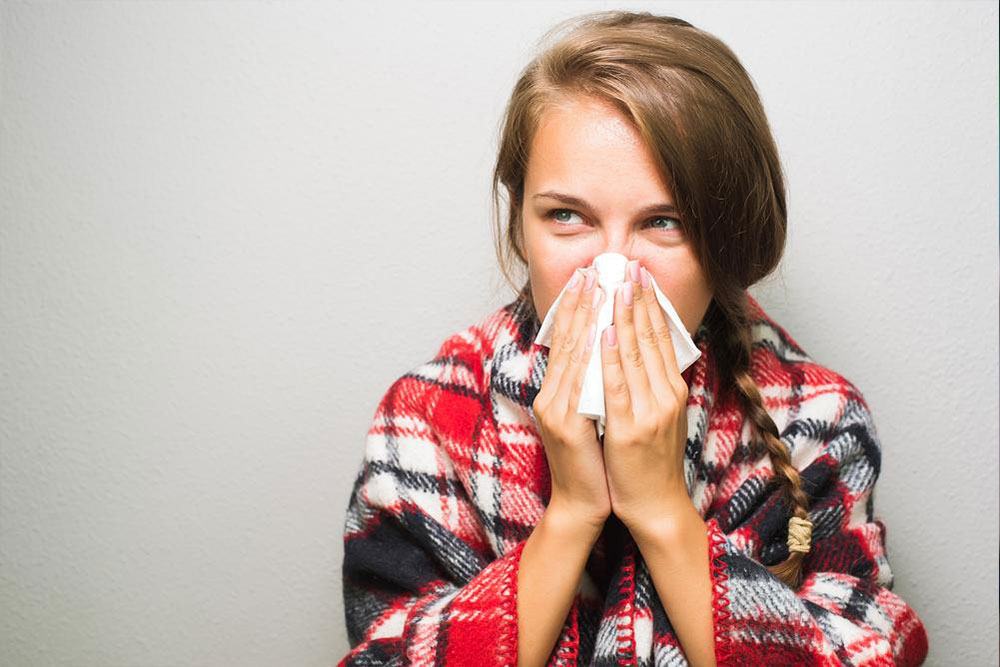Foods to Avoid for Cancer Prevention
Learn about foods linked to increased cancer risk and effective strategies like immunotherapy to improve your health. Discover dietary tips to reduce cancer chances and understand treatment options to combat the disease more effectively.
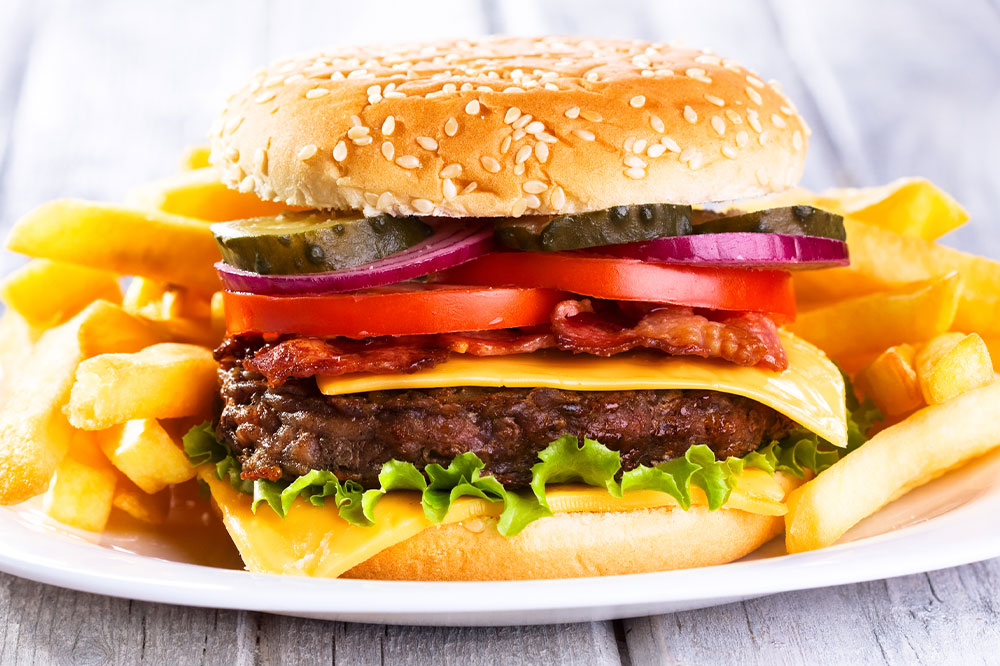
A nutritious diet plays a vital role in maintaining overall health and lowering the chances of developing cancer. Recognizing which foods may increase cancer risk helps in making healthier choices. Consult with a healthcare professional to understand the impact of these foods and how to modify your diet for better health. Additionally, if you are managing cancer symptoms, exploring immunotherapy options can be beneficial. This treatment uses the body's immune system to target and fight cancer cells, offering new hope for patients.
Processed Meats
Foods such as hot dogs, salami, sausages, corned beef, beef jerky, and ham are processed through smoking, curing, salting, or canning, which may produce carcinogenic substances. Excessive intake of processed meats has been linked to increased risks of breast, stomach, and colorectal cancers.
Fried Foods
Cooking starchy ingredients at high temperatures leads to acrylamide formation, a compound capable of damaging DNA and killing cells. Eating fried foods frequently can contribute to obesity, diabetes, and heightened oxidative stress, all of which may elevate cancer risk.
Alcohol
When alcohol is metabolized, it produces acetaldehyde, a carcinogen that causes oxidative stress and damages DNA. Excessive alcohol consumption can weaken the immune system, reducing the body's ability to eliminate cancerous cells. Women consuming high amounts of alcohol tend to have a higher prevalence of estrogen receptor-positive breast cancer.
Immunotherapy
This innovative treatment harnesses the immune system to fight cancer. One approach involves T-cell transfer therapy: extracting immune cells from the tumor, enhancing their strength in the lab, and reintroducing them to target cancer cells directly. Maintaining a healthy diet can support this process and overall immune function, offering a valuable adjunct in cancer management.


